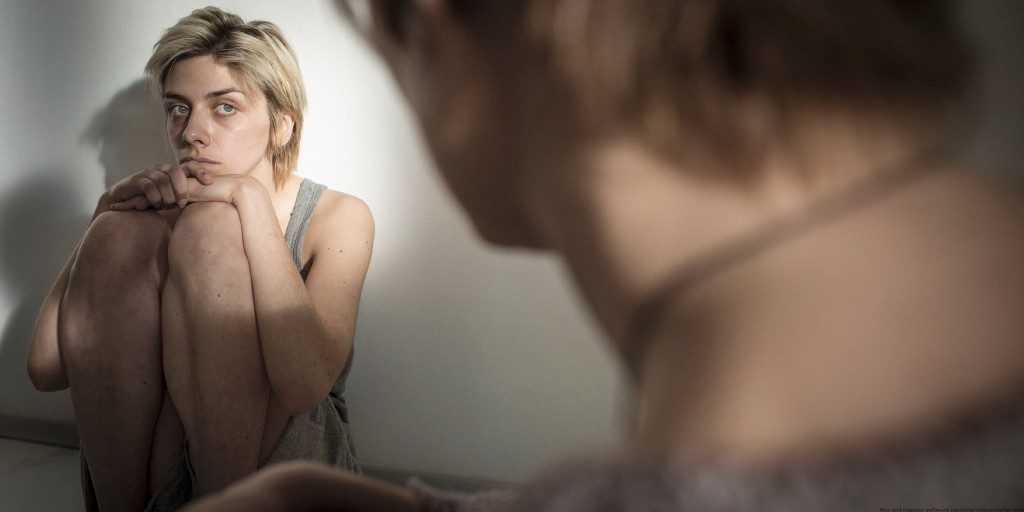Małgorzata Szumowska is one of Poland’s most prominent Polish filmmakers and covers a broad spectrum of filmmaking duties, from screenwriting and producing to documentary and narrative-film directing. She has been honored with several international awards, including the Teddy Award for “In The Name Of” at the Berlin Film Festival and the Silver Leopard Award at the Locarno Film festival for “33 Scenes From Life.” Szumowska was nominated for the European Film Awards for “Happy Man” and “Stranger.” She is a winner of many prestigious prizes in Poland. “Elles,” featuring Juliette Binoche and Anaïs Demoustier, was sold to over 40 countries. “Body” won the Silver Bear for Best Director at the 65th Berlinale. (Press materials)
“Body will premiere at the 2015 BFI London Film Festival on October 11.
W&H: Please give us your description of the film playing.
MS: My film is very simple: An Eastern European story full of black humor about things everyone can feel and understand.
W&H: What drew you to this story?
MS: I wanted to make a film about anorexia. I thought about it for a long time, but then gave up on this idea as I felt that this theme would be so hermetic and closed that it would not reach an audience. However, the plot about the character of Olga and the idea that a body has a lot of different meanings were still present in my mind. A body — physical, astral, dead — might be treated as an object, might be adored and hated. So this story has emerged from the material that the body is.
W&H: What was the biggest challenge in making the film?
MS: It was my sixth feature film and the one that changed my perspective on filmmaking. I would say it was kind of a breaking point for me. I found my personal style in black humor and mixing funny things with very touching ones — like trying to force people to cry and smile almost at the same moment. It was very tricky, but it worked!
W&H: What do you want people to think about when they are leaving the theater?
MS: Life is fucking hard and people are alone, but there is still hope that in the end you can find in the eyes of that loved one close to you — even if it’s very hard to catch it on a daily basis.
W&H: What advice do you have for other female directors?
MS: Female directors have to be stronger than men, which is very crazy and very tiresome because you always feel like you have to prove something. My advice is to forget it while you are working and just not do it to prove anything to men. Put all your energy into your film instead.
W&H: What’s the biggest misconception about you and your work?
MS: In Poland, some people think that I’m kind of scandalous because I’m a woman who should stay at home with her kids instead of making movies about what I want and, even worse, addressing Polish taboos like church, homosexuals and history. They don’t understand that it’s not about being scandalous — it’s about being critical of our own society.
W&H: How did you get your film funded? Share some insights into how you got the film made.
MS: I got public money from the Polish Film Institute and some money from our Polish distributor. My films are doing well in Polish cinemas, so I don’t really have problems financing them, and my international accolades are helpful. I’m talking about budgets up to one million euros. Beyond that mark, it becomes harder.
At the moment, I’m focusing on these kind of “small” films — maybe after that, I will make bigger films in English. How I got the film made? I’m a producer, writer, director. I’m putting everything together very fast, and I’m strong and focused on making the next film as fast as possible. From one film to the other, I’m getting better. I’m learning — that’s my style.
W&H: Name your favorite woman-directed film and why.
MS: “A Lonely Woman” by Agnieszka Holland. A Polish noir from 1981: very strong, very sad, very hopeless, very Polish. It’s a picture of those communist times in Poland, a picture of loneliness and a picture of how hungry for love people are.







